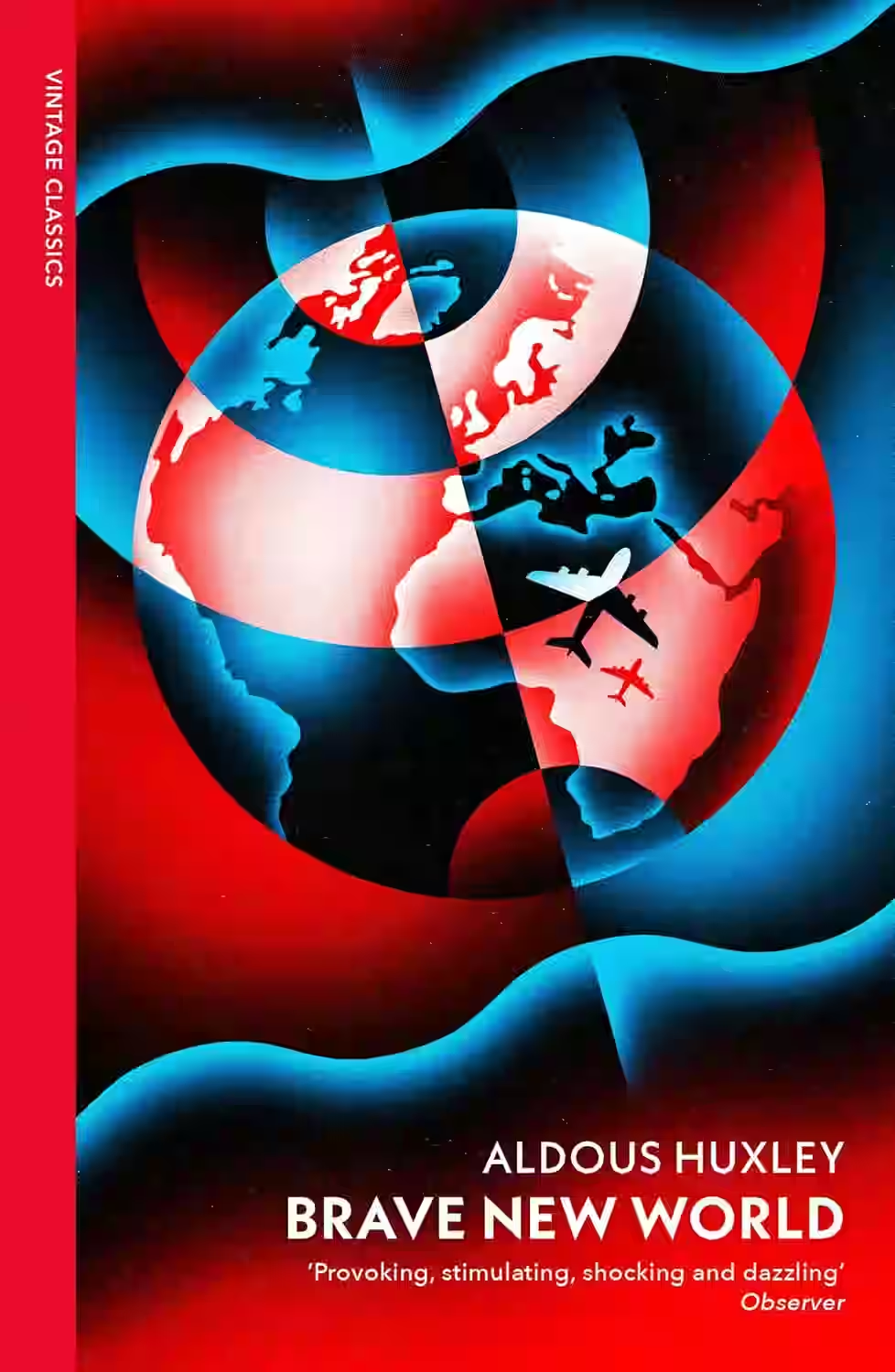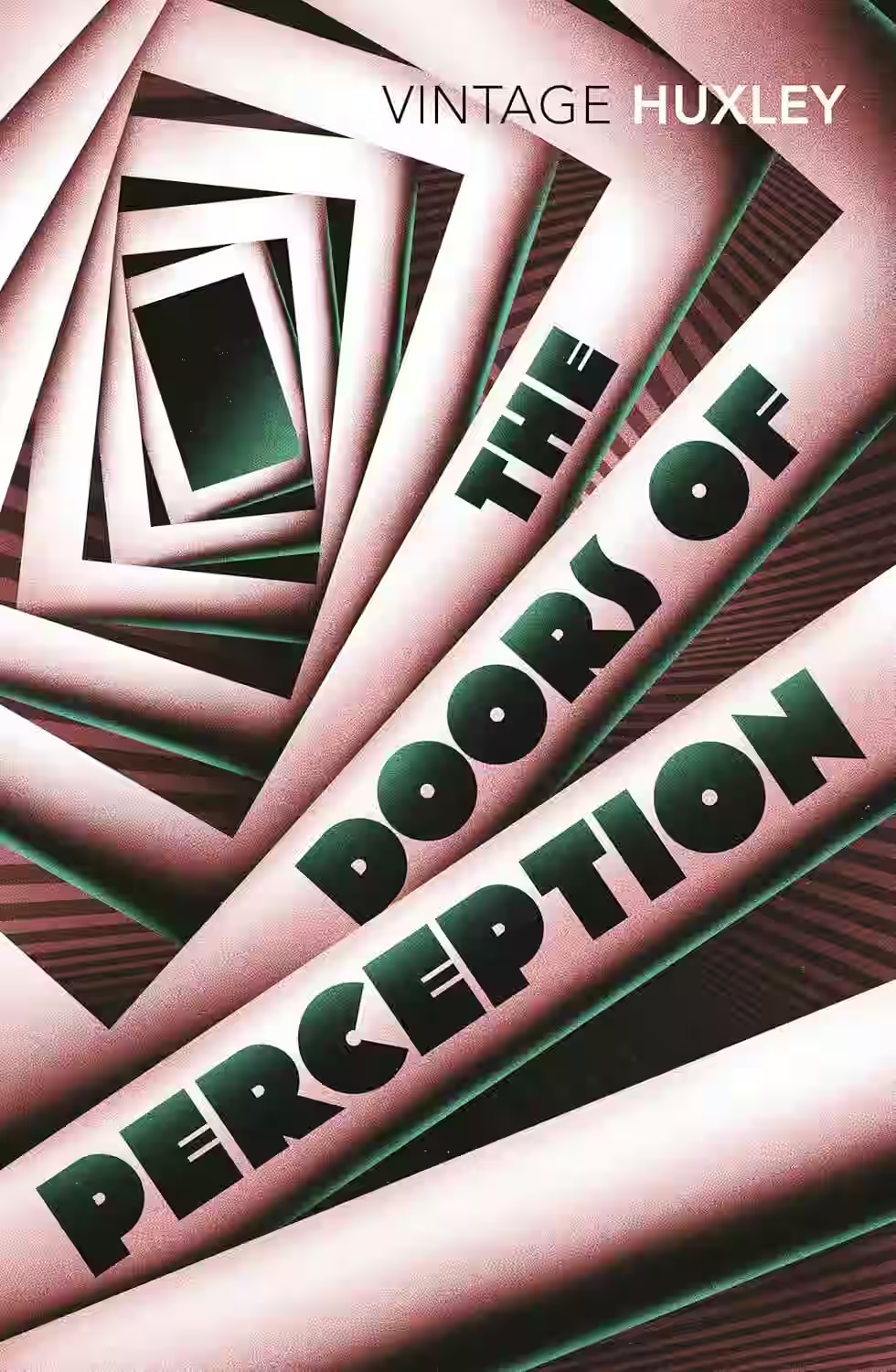Aldous Huxley
An English writer and philosopher, best known for his dystopian novel Brave New World. His works critically examined societal structures, technological advancements, and the human condition, often through satirical or speculative lenses. Huxley explored themes of individualism, drug use, spiritual enlightenment, and the potential pitfalls of scientific progress. His profound intellect and ability to envision future societies made him a significant voice in 20th-century literature and a prescient observer of cultural trends.

Aldous Huxley’s Brave New World is a landmark dystopian novel exploring a future where technological control, genetic engineering, and mass conformity replace individual freedom. Written in 1932 during the rise of fascism, it imagines a world where humans are bred for purpose, sedated by pleasure, and conditioned to obey. Huxley, a visionary thinker and spiritual seeker, critiques the loss of humanity in pursuit of stability and control. His chilling portrayal of a society numbed by entertainment, pharmaceuticals, and propaganda remains strikingly relevant today. Brave New World endures as both a powerful literary achievement and a timeless warning about unchecked technological progress.

In 'The Doors of Perception' by Aldous Huxley, the author takes readers on a captivating journey through the exploration of consciousness and altered states of perception. Huxley delves into the effects of mescaline on the human mind, offering profound insights into the nature of reality, art, and spirituality. Through a blend of philosophical musings and personal experiences, he challenges conventional perceptions of the world and invites readers to question the boundaries of their own consciousness. This thought-provoking book not only explores the potential of psychedelic substances but also delves into deeper existential questions about human perception and the search for meaning.